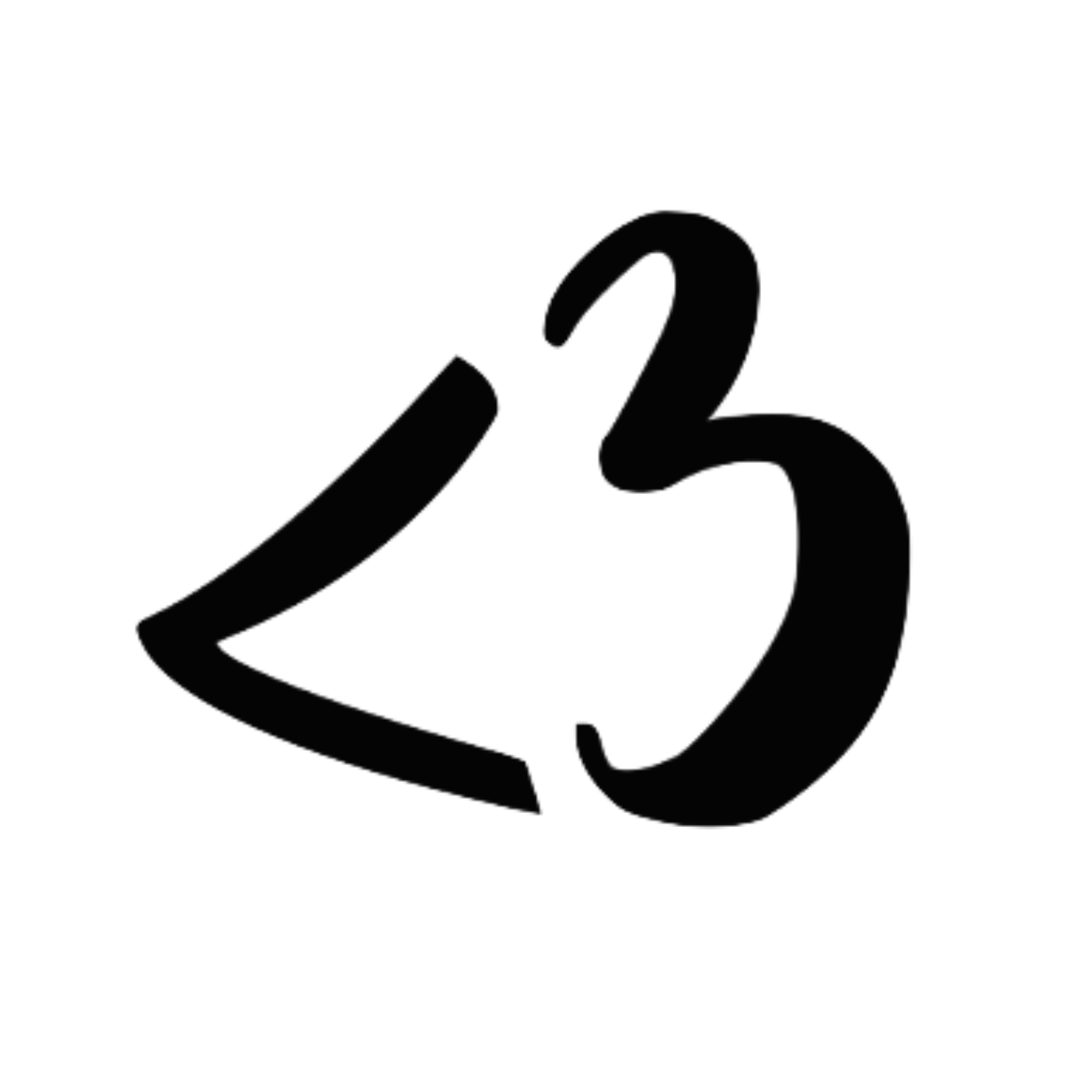Yoga4Hockey and Emotional Intelligence
I was recently asked to write a guest article for Yoga4Hockey on Instagram. They connected with me when the stumbled across the below photo of the TC North Stars during one of my yoga classes at Center Ice. I was excited to write about my experience with yoga and hockey. But my heart connected me to instead focusing on why yoga is so great for hockey! I immediately reflected on many benefits yoga has for an athlete... but there is one aspect that provides a player with a leading edge.
TC North Stars 2016-2017 team in restortive, legs up the wall pose at the end of our yoga class.
Yoga is very helpful for developing strength, creating flexibility, finding focus, and preventing injuries. These are all wonderful reasons hockey players should incorporate yoga to their lifestyle, but there is another major reason a consistent yoga practice gives hockey players a leading edge over their opponents.
The main reason I would recommend yoga to any hockey player, or any athlete for that matter, is a consistent yoga practice provides an athlete with a relationship between their body, mind and breath that can lead them to make important decisions on and off the ice. Those important decisions usually stem from emotional responses.
In Phycology Today’s article “Sports: The Power of Emotions” by Jim Taylor Ph.D. it states that at the top of the “Prime Sport* Pyramid” sits emotions. Listing that emotions are above motivation, confidence, intensity and focus, because emotions will “ultimately dictate how you perform throughout a competition.” Taylor explains that negative emotions can hurt performance physical and mentally. They can cause one to lose their prime intensity; can create muscle tension, breathing difficulties, a loss of coordination and overall a loss of confidence.
Taylor states, “one of the most difficult aspects of emotions is that they become habits that can cause you to automatically respond with a certain emotional reaction to a particular circumstance.”
A consistent yoga practice will not take away negative emotions, but it will create a different habitual response, and instead of allowing those negative emotions to hurt performance, once a negative emotion arises a yogi would then be able to find their breath, and their focus, and get back in the game!
One of the biggest challenges an athlete can face is their own emotional response. During a yoga class a variety of emotions come to play from embarrassment to judgment, nervousness to confidence, and in an instant they can fluctuate. Through a consistent yoga practice, players can begin to modify their emotional reaction to a focus on their breath. They can see if they keep focusing on breathing their balance improves, their strength improves, their emotions regulate, and even their relaxation improves. After time, a person can realize a focus on breath whether its through movement, stress, change, balance or relaxation will encourage the body and mind to function most efficiently.
When I coached Women’s Lacrosse at Kalamazoo College, we would start the game with breathing exercises from our yoga classes. We would start out “breathe in fear, breathe out strength” then by breathing out the strength “breathe in confidence, breathe out intensity.” We would switch up our words, and I would have different teammate lead the breathing before the game. It became something the student-athletes took with them as the season winded down. This is another way a breath centered yoga class can help athletes change their emotional response. They can start to feel one way, maybe anxious, nervous, worried and instead find their breath and begin to tell their body how they want to feel… confident, unstoppable, a champion!
“In fact, one reason why the best athletes in the world are at the top is because they have the ability to control their emotions rather than their emotions controlling them.” Jim Taylor PhD.
*Prime Sport* (defined, as being able to perform at a consistently high level under the most challenging conditions).
Resource: https://www.psychologytoday.com/us/blog/the-power-prime/201012/sports-the-power-emotions

